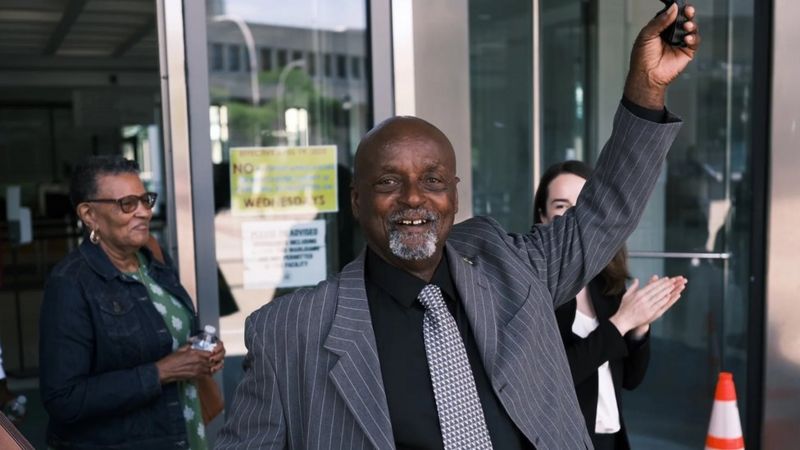DNA Clears New York Man Of 1975 Rape After 47 Years
A New York man who spent over forty-seven years in prison for a rape he did not commit has been exonerated after new DNA testing conclusively excluded him as the perpetrator.
Leonard Mack, 72, was convicted in 1976 for the rape of a teenage girl in Greenburgh, New York in 1975. He was arrested by police who stopped him while he was driving through the neighbourhood shortly after the attack.
Mr Mack had a strong alibi and was wearing different clothes than the suspect, but he was still identified by the victim during a flawed police identification process.
He maintained his innocence for almost 50 years and fought to clear his name with the help of the Innocence Project, a nonprofit committed to exonerating wrongfully convicted individuals.
In 2022, the Westchester County District Attorney’s Conviction Review Unit, along with the Innocence Project, conducted new DNA testing in the rape case. It revealed that the actual perpetrator was a man who had been convicted of several other rapes and burglaries in New York.
The man, whose name has not been disclosed, has since confessed to the rape of the teenage girl in Greenburgh.
This is the longest known wrongful conviction in US history to be overturned by DNA evidence, according to the Innocence Project.
Mr Mack, who is a Vietnam War veteran, has been living in South Carolina with his wife of nearly 21 years. He said he never lost hope that one day he would be proven innocent.
“Now the truth has come to light and I can finally breathe. I am finally free,” he said.
District attorney Miriam E Rocah praised Mr Mack’s “unwavering strength” and apologized for the injustice he suffered. She also said that wrongful convictions are not only harmful to the wrongly convicted but also make us all less safe.
Witness misidentification is the leading cause of wrongful convictions, according to the Innocence Project. The nonprofit said that the case had “many of the ingredients of a wrongful conviction” and that racial bias played a role in the criminal legal system.
Susan Friedman, a senior attorney at the Innocence Project, said that the state’s decision to continue the prosecution instead of reopening the investigation demonstrates the power of tunnel vision. She urged for reforms in eyewitness identification procedures and DNA testing policies.



